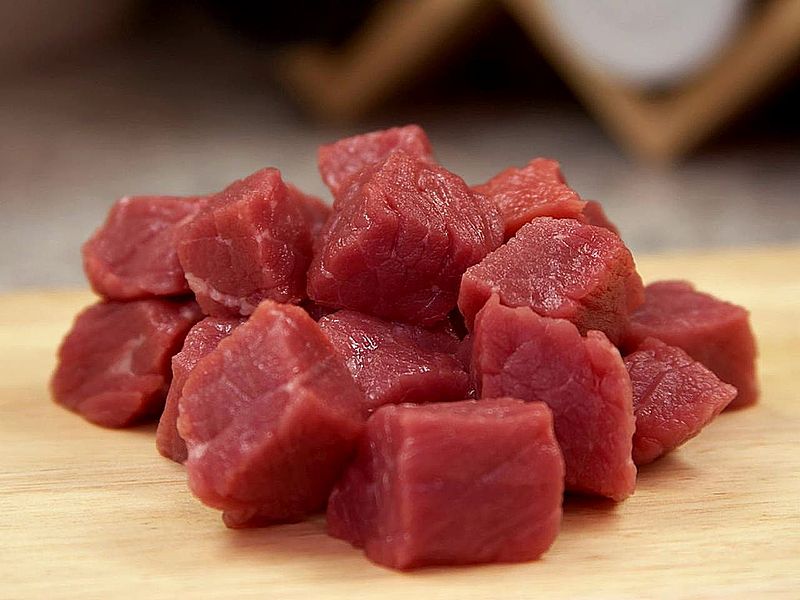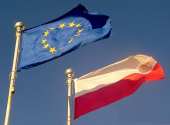
The German government has decided to extend the country's mandatory origin label for meat after the European Commission failed to deliver on its promise for an EU-level proposal. Despite
the three-party government's commitment to an origin label for meat in its coalition agreement, Agriculture Minister Cem Özdemir had been hesitant to introduce a mandatory label, hoping for an EU-wide origin label to be included in the Commission's proposal on food labelling, which was initially expected by the end of 2022. However, since the proposal has not been tabled, Germany has taken matters into its own hands.
The new German regulation will require indicating the country of origin for unpacked pork, poultry, mutton, and goat meat, extending the obligation from pre-packaged meat. Unpacked beef already had a mandatory label. The regulation will come into force in six months, and there are plans to further extend origin labelling to out-of-house catering.
Amid doubts about the Commission's expected food labelling proposal and rising concerns about its timely adoption, Germany's decision to pursue mandatory origin labelling at the national level may raise questions about the fate of the EU-level labelling proposal. Additionally, pressure from farmers and the desire to have a trusted "Made in Germany" label for German producers contributed to the move.
The European Court of Justice has ruled that national mandatory origin labelling measures are permissible if they are justified, such as for public health protection or preventing food fraud. Germany's decision to extend the scope of an existing label rather than introduce a new one exempts them from the need to formally notify the European Commission. Photo by Jon Sullivan, Wikimedia commons.








































